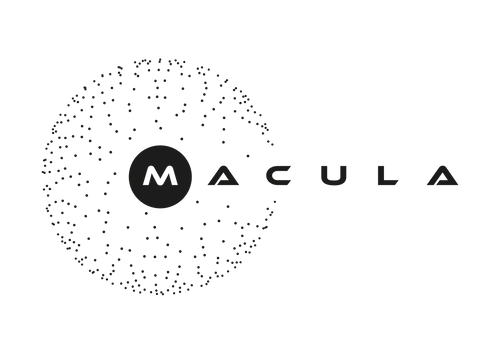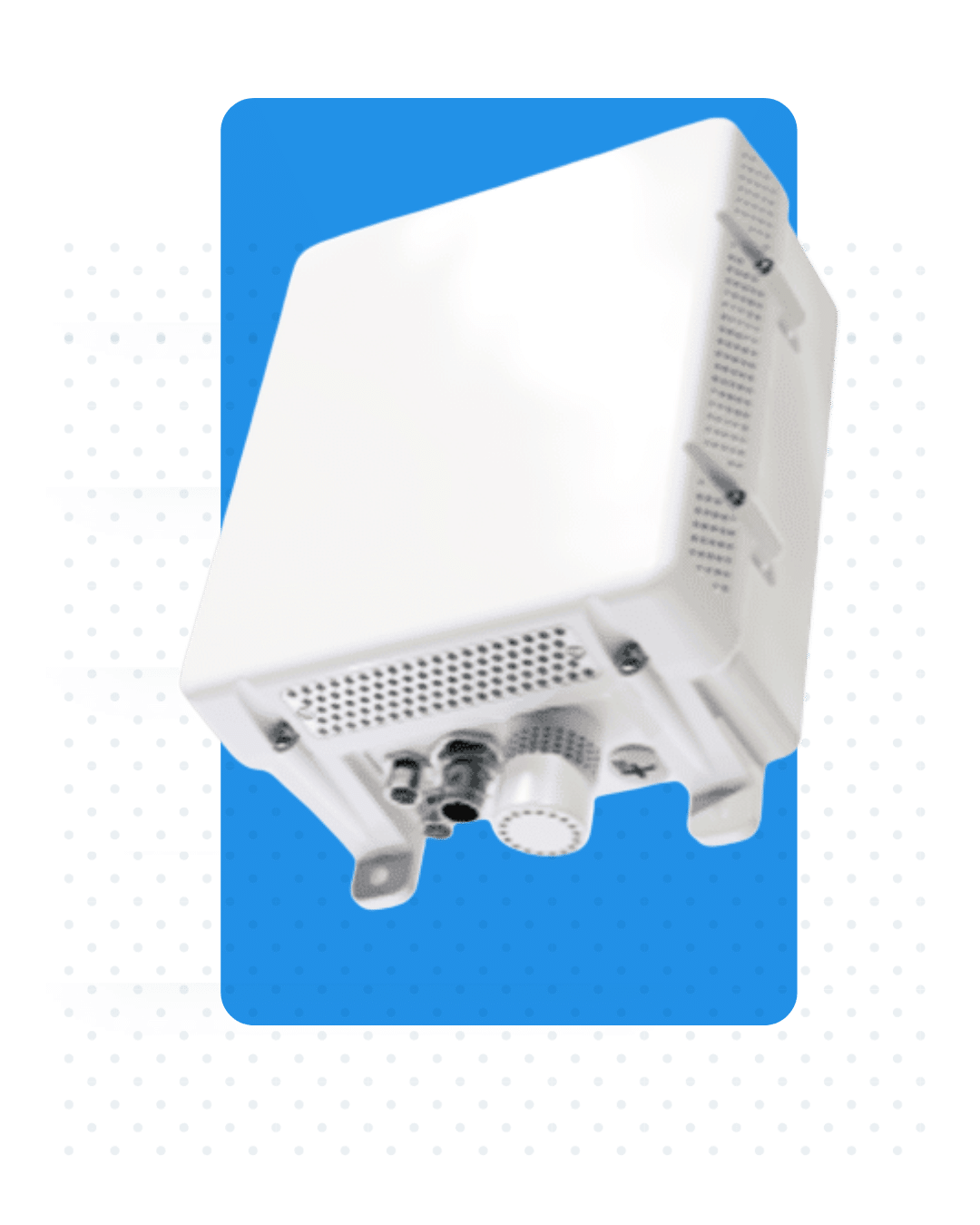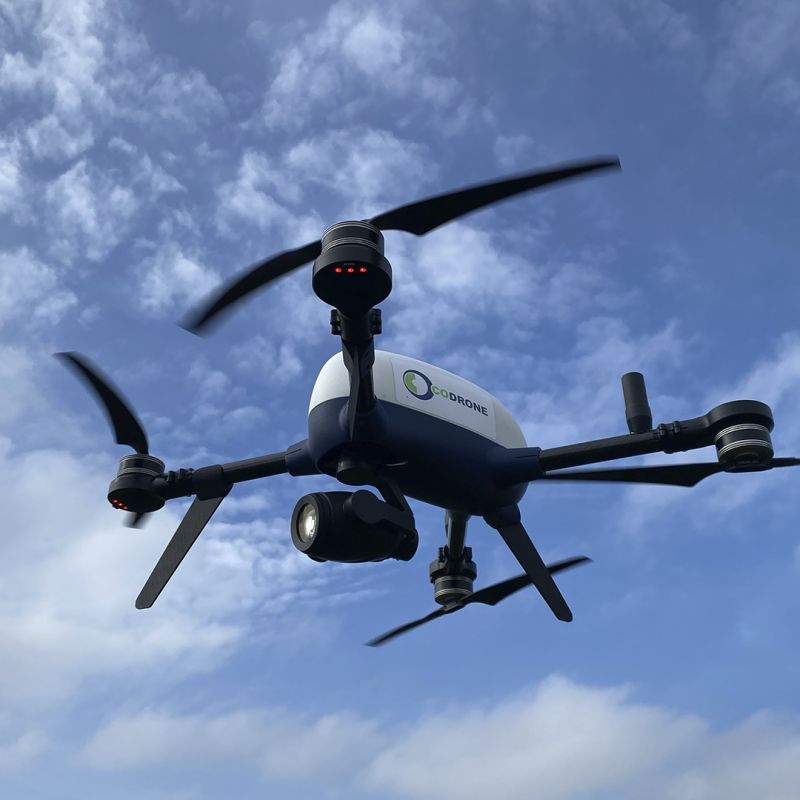

With responsibility for spectacular productions such as X-Factor, Zulu Comedy Awards, and Eurovision, employees from Litecom came up with the idea of developing their own advanced lighting control elements for the entertainment industry.
This is where the first building blocks for the subsidiary Macula began to take shape.
In the initial development phase, Litecom used their own FDM 3D printers to manufacture prototypes. But after a visit to Prototal Damvig, it quickly became clear that with industrial 3D printing technologies they could achieve significantly higher requirements for tolerances and detail, as well as use the technology as a primary manufacturing method.
Macula’s advantages with industrial 3D printing and series production can be summarized in three points:
Today, Prototal Damvig handles the series production of the handles for the Macula system. The handles are manufactured using SLS technology in the polymer material PA2200, which are then treated and dyed before being sent to Macula for further assembly of electronic components and final assembly.


